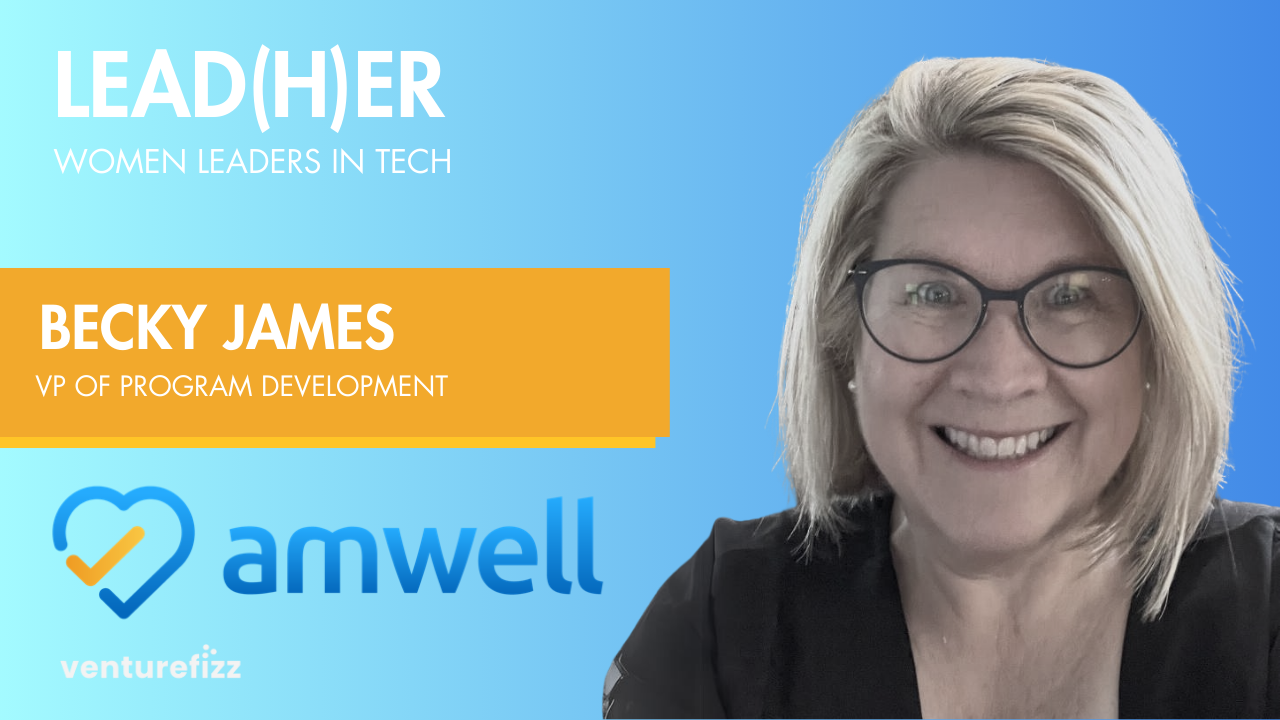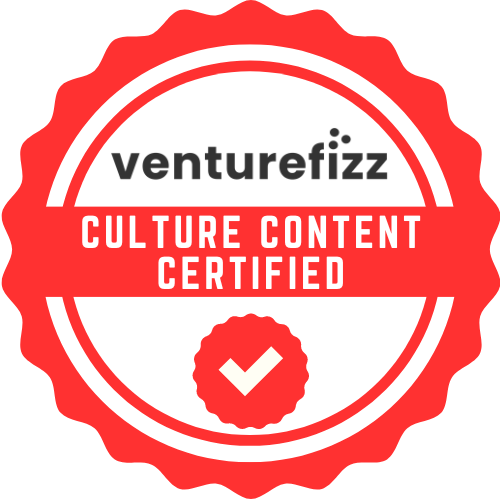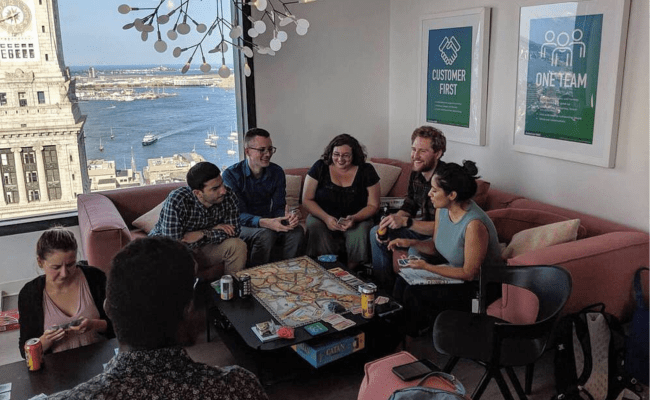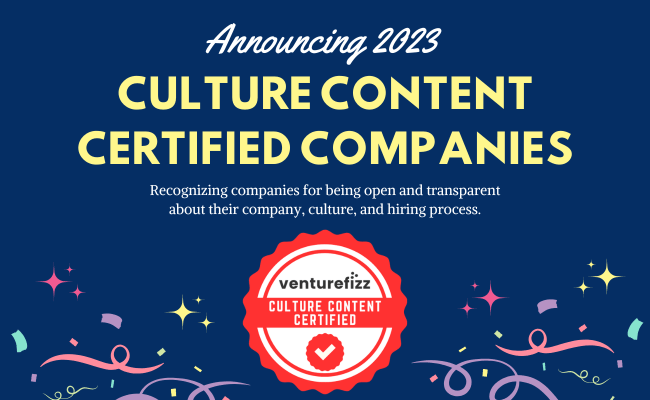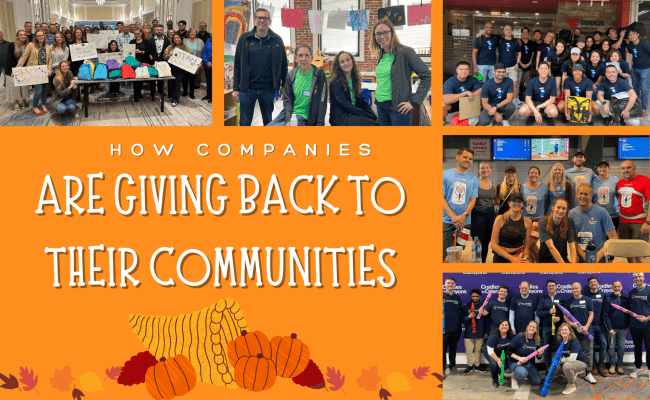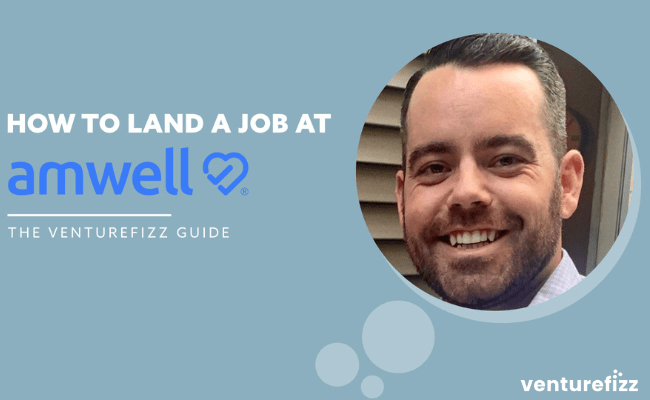Our Lead(H)er series features impressive women leaders in the tech industry. In this Q&A, we are featuring Becky James, Vice President of Program Development at Amwell.
Where did you grow up and how would you describe yourself as a child?
I grew up in a combination of Minnesota, Ethiopia and rural Idaho. My family moved to Idaho when I was 9 so I had 9 years before Idaho and 9 years in Idaho. Spending time in Ethiopia put my family on a path to simple living. I was the third of 3 girls and would say I was a typical third child - a bit more freewheeling than the first two. I was fairly shy but spent a lot of time with adults so was very comfortable with them. As a kid I loved to have a diverse group of friends and that part has carried into my adult life.
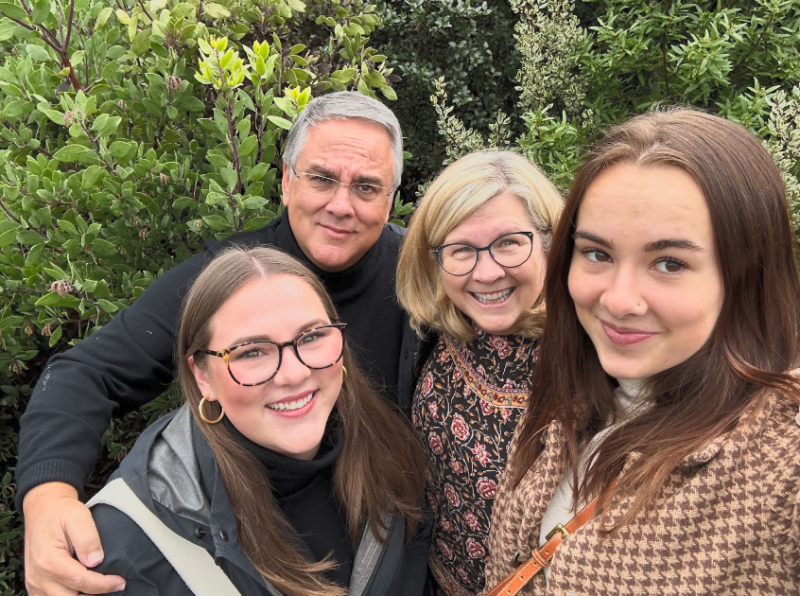
What did you study in college and what was your first job out of school?
My college path was a bit windy. While I stayed at the same college the entire time, I changed my major time and time again. I needed to graduate in 4 years because I didn’t have the money to continue. I landed on Computer Science at the beginning of my senior year because Computer Science was the one degree I had enough credits in and I could get with only one more year to go. My first ‘real’ job was as a Software Engineer at a company called BioDynamics. We did acoustic analysis on fixed-wing planes and helicopters. It became clear to me around week two that I was the diversity hire so the company would qualify for government contracts. I was very thankful for the opportunity and what they taught me but I only stayed there about a year before pursuing a job at Microsoft.
Can you share the details on your career path and what were the critical moments that got you to where you are today?
I have had the most fortunate of careers in many ways. I got to work for startups that got acquired and for large companies that had a lot of opportunities. I worked for Microsoft, Intel, Mattel, WebMD, and now Amwell. My start-up experiences were sprinkled in between those moves. I have held a number of roles from Software engineer to Project Management and leading small and large teams. Here are the companies I worked for and my roles.
BioDynamics (Software Engineer)
Microsoft (Software Engineer ->Technical Trainer)
Intel (Sr Software Engineer, Program Manager, Trainer)
PrintPaks (startup) -> Acquired by Mattel (Technical Project Manager -> Director of Product & Engineering)
WellMed (startup) -> Acquired by WebMD (Head of PMO -> Director of IntegrationEngineering -> Sr Director of Client Delivery)
Conversa (Startup) -> Acquired by Amwell (VP of Client/Program Operations, VP of Program Development)
At BioDynamics, I learned how to work. I learned that working full time meant, how to work on a team, take direction from a boss, and that I wanted to work on a bigger team with more people close to my age.
At Microsoft, I learned what it was like to work on consumer software, work for a world-renowned company, and the perks and hard work that came with that. Most importantly, I learned that I like collaborative work and that was my first step towards moving out of being a full-time software engineer. When I moved from Software Engineering to teaching programming classes at Microsoft, it was one of the key moments in my career when a mentor took me under his wing and coached me (24 years old at the time) into a comfortable space teaching people much older than me, and with much more experience, how to write code the Microsoft way. A truly pivotable, confidence-gaining, moment in my career.
Going to work for Intel, another industry leader, put me again in a position of working with a lot of very smart people which I appreciated. I was doing software engineering again on video conferencing products and doing a lot of work educating Intel software engineers on how to write code to support international markets. A key moment at Intel was when I first heard their motto that hardware is job one and software is job two. I determined while I was there, that going forward, I would always strive to be part of a company's main focus.
Working for PrintPaks and then Mattel on children’s software was a highlight because it was the first time I worked for and with mostly women. Such an energizing experience for me and the place where I really started down the leadership path. I learned at PrintPaks/Mattel that diverse teams can make fantastically diverse products and I have carried that with me throughout my career.
Working for WellMed and then WebMD took me into healthcare where I could more directly see how my work could positively impact humans. For the many years at WellMed/WebMD, I help drive the growth from 16 people in my division to over 500 when I left. That type of growth stretched me in so many ways - growing teams, re-organizing teams, managing in functional alignment, and then in cross-functional alignment. I managed onshore teams, off-shore teams, consultants, new college grads and PhDs, and everything in between. I had to get comfortable not being the one who knew everything but knew now to get the right people who knew everything. That is where I really ‘grew up’ work-wise.
Then going to Conversa which was acquired by Amwell, where I am today, is where everything came together. My get-stuff-done skills were the perfect compliment to some extraordinary visionaries at Conversa. I found my operational footing working, working side by side with our clinical teams, strategists, and engineering leaders to bring a brand new concept of conversational design into the provider market. I now take a tremendous amount of pride in seeing my team execute, knowing the hard work it takes getting the right team, with the right dynamic, with the right focus to bring new concepts into the market.
What is your current role and responsibilities?
My current role is the Vice President of Program Development. I lead a team of clinicians, designers, writers, operations, QA and Solution leads and we are responsible for building digital Mental Health programs to aid in Cognitive Behavioral Therapy and for building automated conversation-based clinical programs to aid in clinical decision support and keep doctors and patients connected between visits.
Looking back, is this where you thought you’d be professionally? Was it always your goal to be in this position?
I always knew I’d be a problem solver - I just thought I would be doing it with software engineering not people engineering. I am a software engineer by heart now leading a team that is trying to change healthcare. I feel so fortunate to have taken a turn in healthcare and got aligned with some brilliant strategists. I am an executor and problem solver - a get-things-done person. Working alongside my counterparts who had a vision and mission that I believed in, made the hardest of days of problem-solving with my team seem worth it. I always knew I would be problem-solving, I just didn’t know I would get to do it with such a diverse cast of talent - clinicians, therapists, nurses, informaticists, patient experts, content strategists, operationally focused folks, quality assurance analysts, and designers.
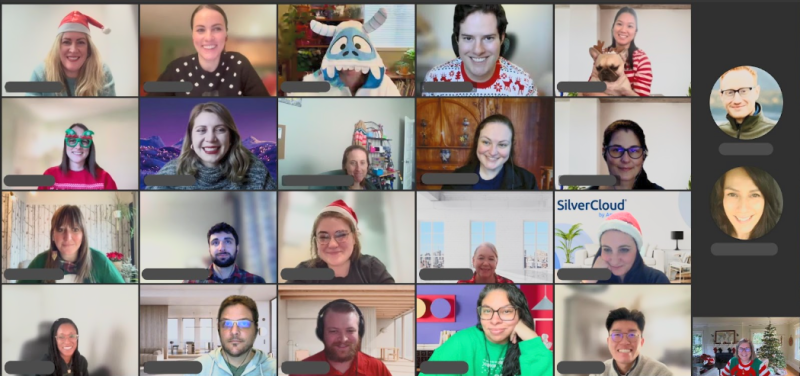

For people who are looking to be in a similar position, what advice would you give to others in terms of helping them achieve their career goals?
Seek to work with people you can learn from. If you are the top performer, enjoy it briefly then seek more challenges.
Don’t be bitter in a job. Know yourself well enough to know if you are uncomfortable during a growth period or if you really don’t like what you are doing. If you don’t like what you are doing your lens will not allow you to see opportunities - move on.
Ask for opportunities - make your desires known. Hundreds of conversations happen every day, if you want people to think about you for opportunities, let them know you desire them.
What are the most important skills that you need to do your job well?
Ability to identify and retain talent - hiring and retaining talent is the most important thing I can do in my job today.
Perspective - helping keep the lens of patient and clinical safety on all things we do. It is easy to get mired in the details of today’s task and lose track of what we are trying to accomplish.
Curiosity - keep asking the why questions. When you are in the innovation business understanding the problem from every perspective is critical to solving it.
Empathy - it is humans that are needed to solve the problems. Keeping the whole human in mind at every turn is critical to building relationships.
Diplomacy - I get the luxury of working with brilliant people. Brilliant people need diplomats to get things done.
What do you find most interesting/rewarding about your work? What’s the most challenging?
The people and the people. I get great satisfaction and joy seeing how we can bring so many different backgrounds, experiences, and personalities together to try to change healthcare. The passion my team brings to their work and our mission gives me confidence that we are changing healthcare. The other humans that bring me great joy are our clients, the care teams taking care of patients, and the patients. On my hardest days, I go in and review the feedback patients give when they use our products. Seeing how our solutions change how engaged patients feel about their health journey makes all the hard days worthwhile.
What is your proudest professional accomplishment?
I have two.
One, there was a point at one of my jobs, during an executive leadership change, when the team I managed was completely disbanded. I thought I would lose my job, but instead, I was moved to manage an engineering team. A 60-person engineering team that had extremely high turnover, no room for advancement, and 60% of the team was offshore. I honestly thought that it was a way of managing me out of the organization. After regrouping, I identified strong leaders and with them, created career paths on the team so folks didn’t have to leave to grow, brought 90% of the work back onshore and was able to accomplish the work with the same budget. After 18 months, the team had new college graduates up to architects and everything in between. We were able to automate work with the more senior-level folks on the team and create a work environment that received extremely high employee satisfaction.
Two, at the beginning of Covid the startup that I worked for decided to double down and help our hospital system clients with COVID solutions. Within a matter of days, we started delivering COVID screeners so our clients could help their employees and patients track the ever-changing rules about COVID symptoms and exposure. Our platform went from maybe 60 users a day to ever a million a day in a matter of 2 weeks. Every last thing we did and how we worked had to be re-invented. My team rose to the challenge. We met the needs of our clients and their patients and employees every day. I learned that the speed at which we could evolve, solve and deliver when there is clarity of mission was profound. I think about those times every day as am am trying to ensure there is clarity.
Q&A
What do you enjoy doing in your free time?
Hanging with my family and friends is what I crave most and fills my soul. When I can pair that with travel, game night, puzzles, hiking, Broadway musicals or cooking, all the better.
How do you manage stress?
Earlier this year, I got myself an under-desk treadmill. I wish I had done that 20 years ago. That movement gives me just what I need to keep my unhelpful stress at bay. I end my day having walked 4-6 miles, I feel good for having moved and I don’t seem to be feeling the physical impacts of stress (racing mind, heavy heart, etc) quite as much. Additionally, I always try to have a vacation planned. Having something to look forward to when the days are hard gets me through the day sometimes.
How many cups of coffee do you have in a day?
If you had asked me that 3 months ago, I would have said 5-6 but recently I have been trying to not drink coffee first thing in the morning. Because I now wait to have coffee until mid-morning, I am down to about two cups a day. No caffeine headaches and I don’t feel quite so dependent on it to wake up in the morning now!
Any book or podcast recommendations? (professional or fun)
How to narrow it down!! A few of my favorites are “Stuff you should know”, “Freakonomics”, “Smartless”, “Today Explained”, “The Daily”, “Serial”. As far as books, that is also very hard to narrow down. A few recent ones are Blink by Malcom Gladwell, Demon Copperhead by Barbara Kingsolver and The Year of Yes by Shonda Rhimes.
What advice do you have for recent college graduates?
Be curious and be bold! There are so many adults in your life (professors, neighbors, parent’s friends, colleagues, relatives) who would love nothing more than to share their experiences with you (everyone loves to talk about themselves). Take them out for coffee, and pepper them with questions about what they have liked and not liked in their careers. Ask them to connect you with even more people. Many of those conversations won’t turn into jobs but you will learn a lot and impress many people. The art of being curious is not common. Master it.

